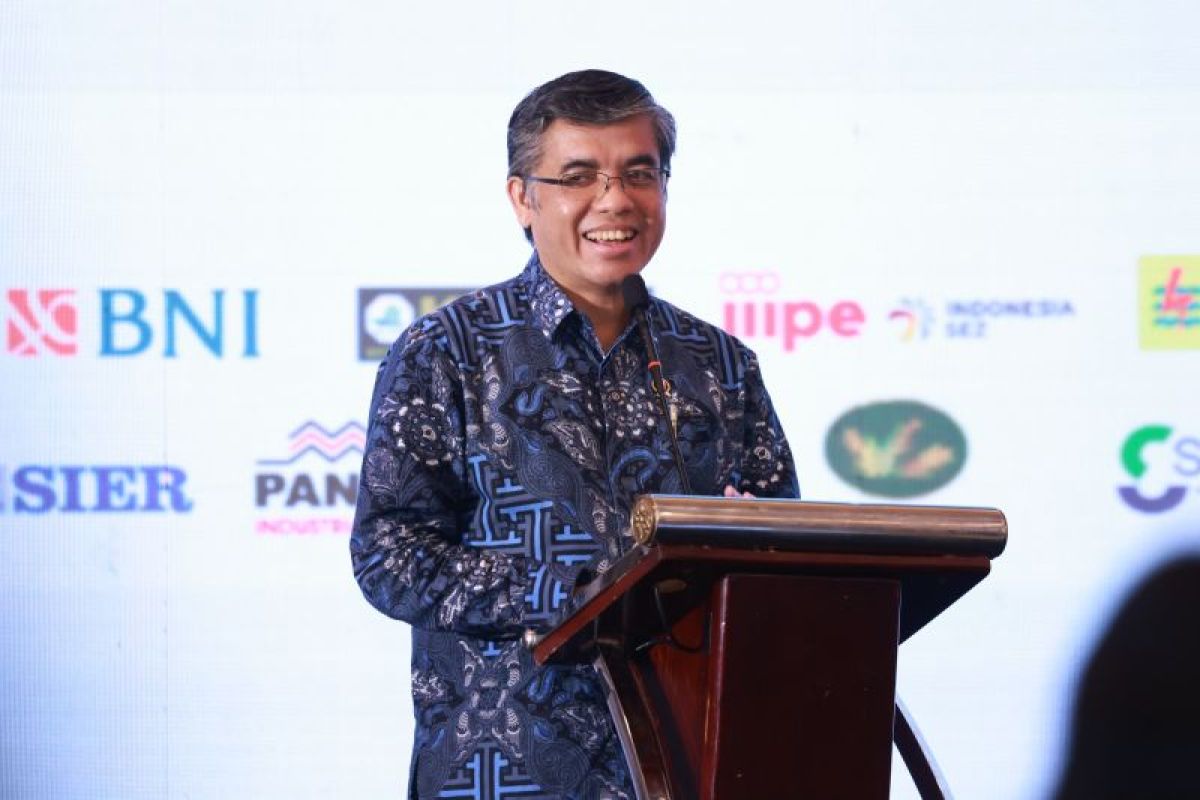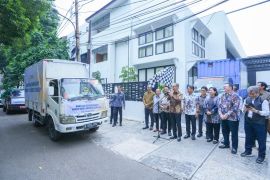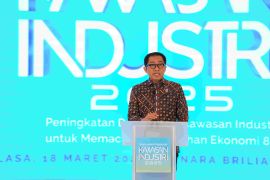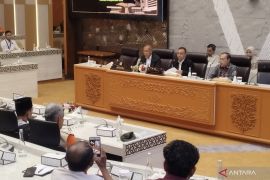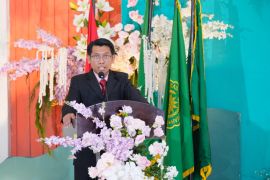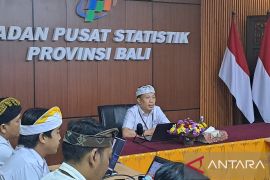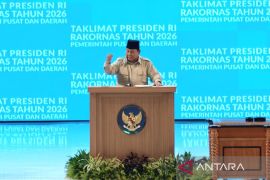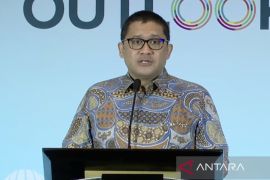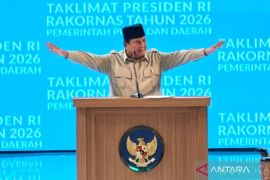"We hope that industrial zones can truly become a catalyst for creating quality jobs," Menaker said, as quoted from an official statement in Jakarta on Friday.
Yassierli explained that the Ministry of Manpower has three main strategies to support the sustainability of the national industry.
These three strategies encompass strengthening workforce competence and productivity, transforming industrial relations, and enforcing labor standards and occupational health and safety (K3) norms.
For the first strategy, the Ministry of Manpower highlights the importance of improving workforce competence, inclusiveness, and productivity as the foundation for industrial resilience.
One of the efforts being made is transforming Vocational Training Centers (BLK) into modern vocational training institutions that are responsive to industry needs and focused on future skills.
The ministry also continues to expand inclusive employment opportunities for vulnerable groups, including people with disabilities and women.
To foster an adaptive and competitive work culture, the ministry will also launch a National Productivity Movement as a national initiative to foster a performance-oriented culture and growth across the workforce.
The second strategy centers on building transformative industrial relations.
The ministry encourages a shift from a confrontational approach to a partnership model based on shared purpose through strengthening social dialogue between the management and labor unions.
"We cannot rely solely on regulations. Strong trust and cooperation between the management and workers are needed," the minister emphasized.
The third strategy aims to create a healthy, fair, and sustainable business climate by enforcing labor norms and K3 standards.
The ministry continues to strengthen supervision over various priority labor issues, such as withholding diplomas, discrimination in recruitment, violations of post-termination rights, K3 violations, and illegal charges.
"This enforcement effort is strengthened by utilizing technology through the digitization of the supervision and reporting systems, as well as actively involving stakeholders in creating a more transparent and accountable labor governance," he concluded.
Related news: Competitive industrial zones can boost growth to 8%: deputy minister
Translator: Arnidya, Azis Kurmala
Editor: Primayanti
Copyright © ANTARA 2025
